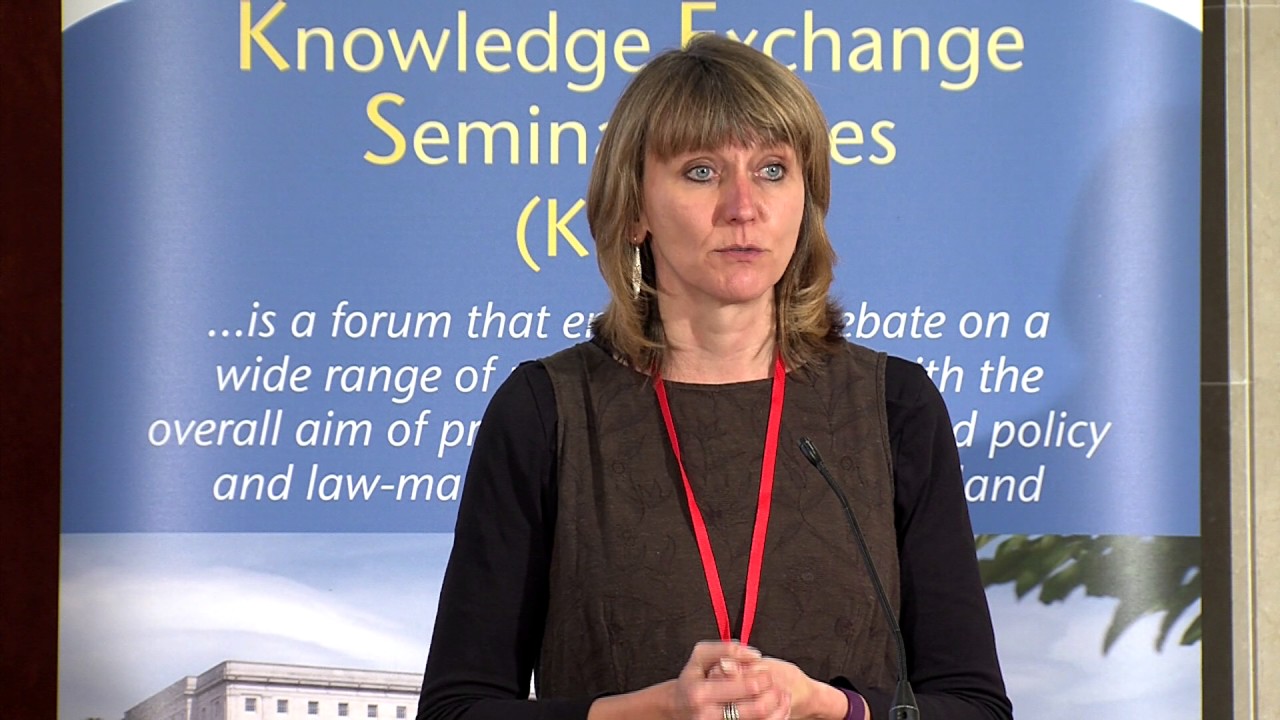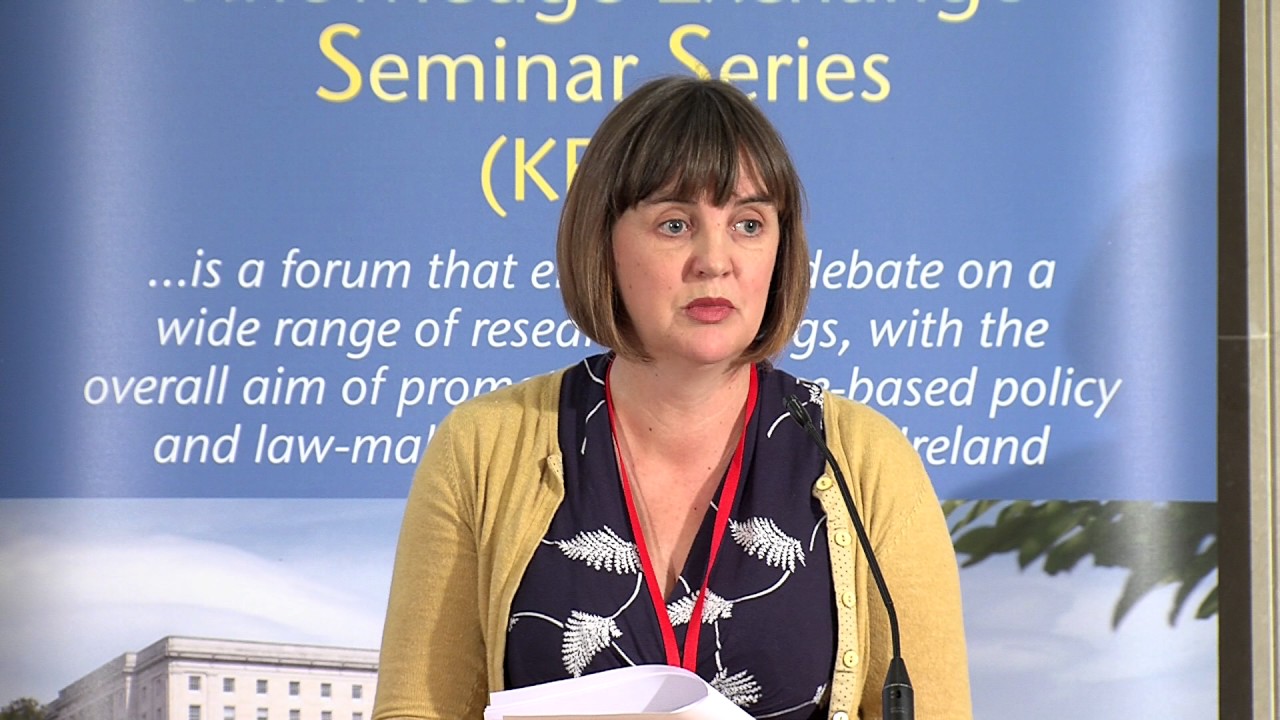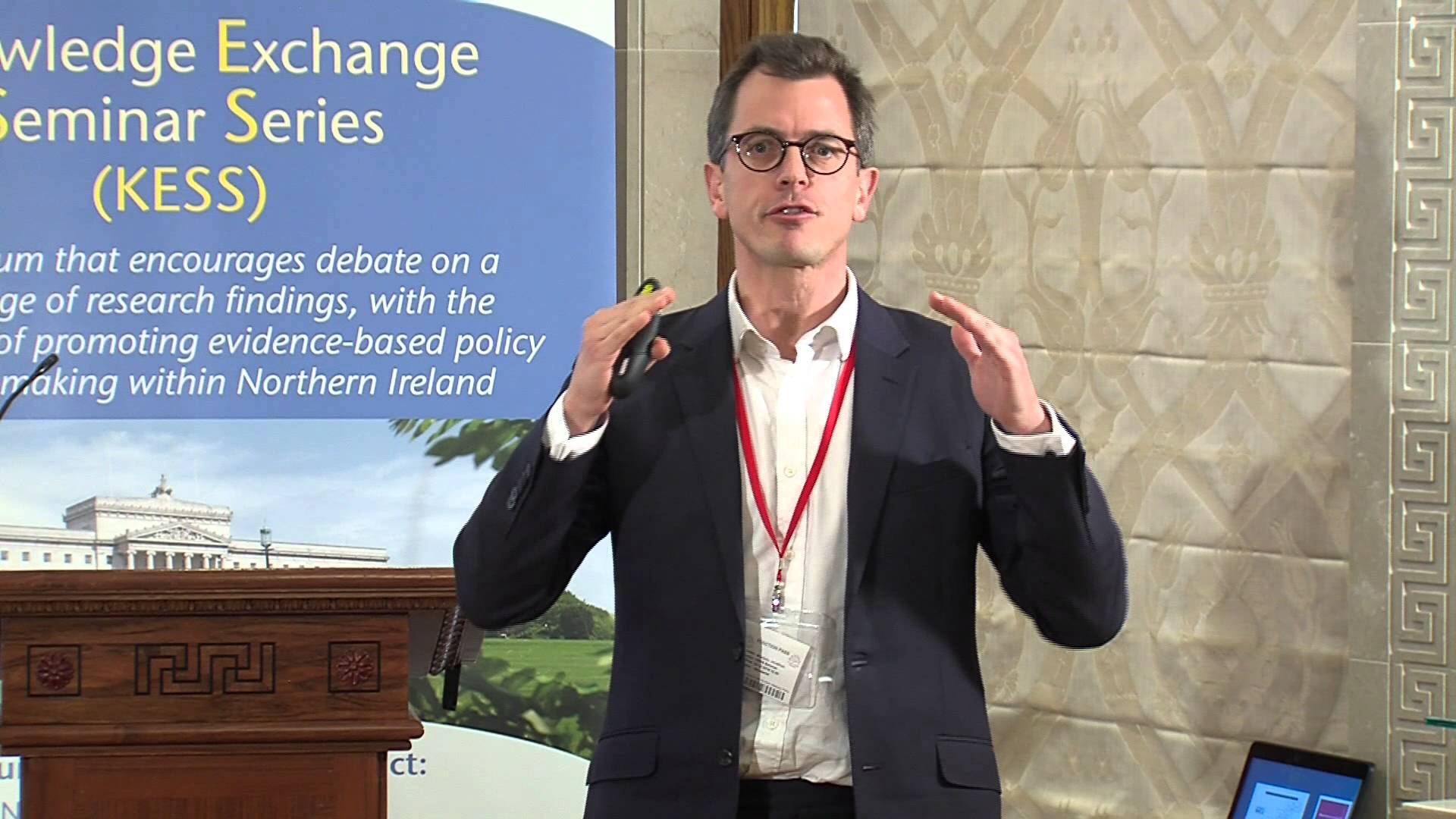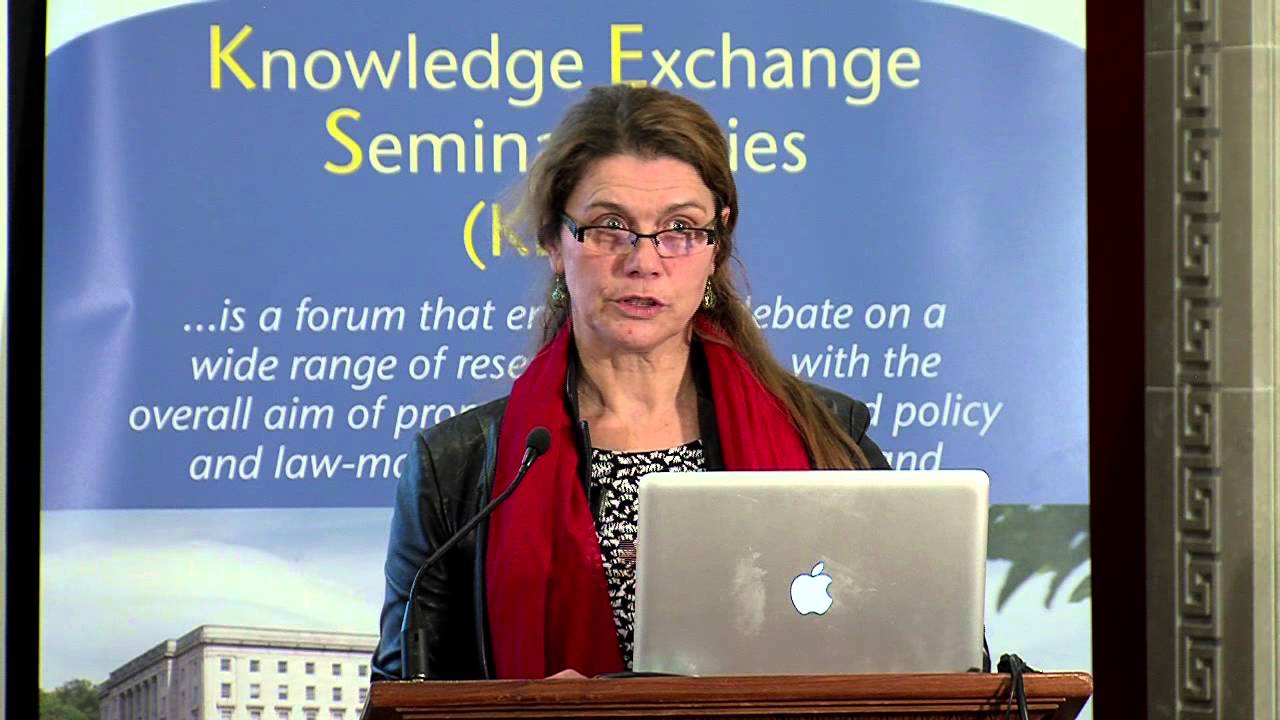Tensions in Abortion law and policy, and effects on women
Dr Lesley Hoggart, (OU) and Prof Sally Sheldon (Kent University) This presentation will focus on the tensions between the legal and policy framework for abortion,… Read More »Tensions in Abortion law and policy, and effects on women








